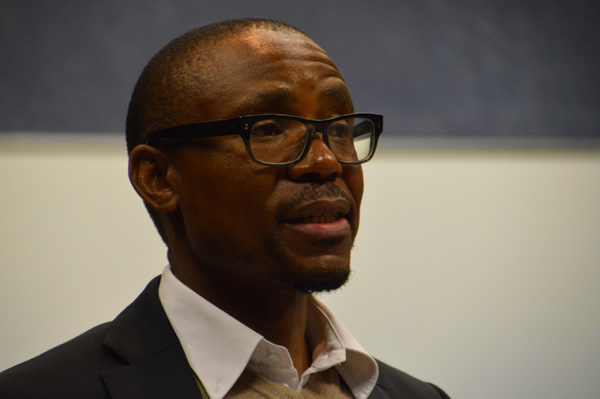An advanced short course on Civil Society Law in Africa is currently underway at the Centre for Human Rights, University of Pretoria. This course, which runs from 14 to 18 July, is being presented by the Centre for Human Rights and the International Center For Not-For-Profit Law, Washington DC in the United States.
The objectives of the course are to strengthen capacity, in practice, to identify and analyse legal barriers to the right to freedom of association; to raise awareness of the challenges faced by civil society; and to foster efforts to respond to those threats. The course also aims to build a network of legal professionals working in the field and encourage collaborative efforts within such a network.
The course attracted expert facilitators in the field from around the world. These presenters represent prominent institutions including academic and non-governmental organisations. Amongst the facilitators were
- Mr Emerson Sykes; Legal Associate, International Center for Not-for-Profit Law(ICNL)
- Dr Bhekinkosi Moyo; Executive Director, Southern African Trust
- Dr Maria Nassali; Director, Federation of Women Lawyers, Uganda and
- Irungu Houghton; Senior Advisor, Society for international Development (SID).
During his lecture on ‘Perspectives on the role of civil society (concepts and theory of civil society)’ Dr Bhekinkosi Moyo provided a clear and engaging definition of various concepts and theories on the role of civil society in Africa. He highlighted a number of legal constraints faced by NGOs across the African continent such as cumbersome registration requirements, lack of dispute resolution mechanisms, subjection of NGO functions and processes to stringent state rules and funding regulations limiting civil society operations.
He further noted the current trend in the private sector where businesses are taking over the social space traditionally occupied by civil society. The foregoing issues sparked off importnat critical questions from the particpants such as 'Is philanthropic capitalism a problem or the way to go?' and 'What method of regulation, if any, should government adopt with regards to civil society control?'.
Mr Emerson Sykes drew the curtains for the day with discussions on the trends, opportunities and areas of exploration on civil society. He re-iterated the requirement of registration by civil society groups based on the growing suspicion that civil societies serve as a channel for funding terror groups. Similarly, there is the perception by governments that civil societies may lead to an ‘African Spring.’ He further discussed the impact of blanket laws prohibiting advocacy, projects and assemblies geared towards law reforms, for instance, the same Sex Marriage (Prohibition) Law in Nigeria.
He commended and saw opportunities in the new constitutions of Zimbabwe and Kenya which protect and promote civil society space.


